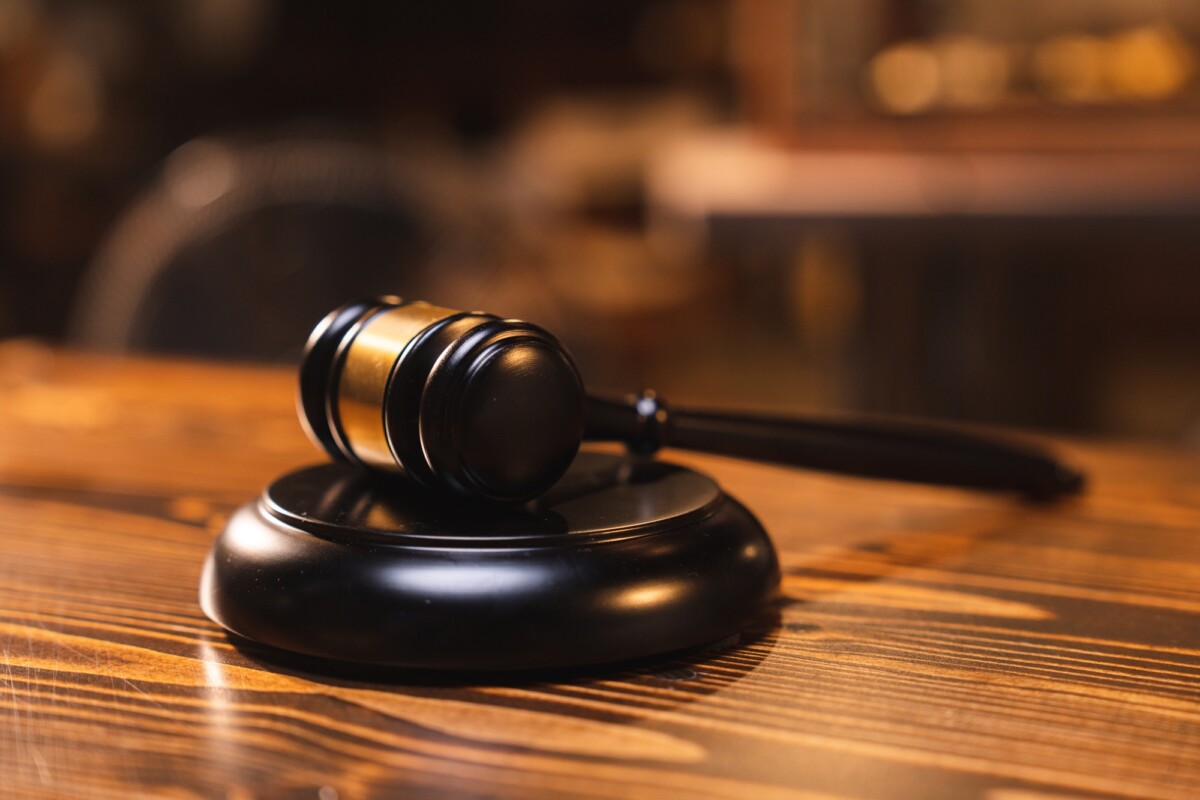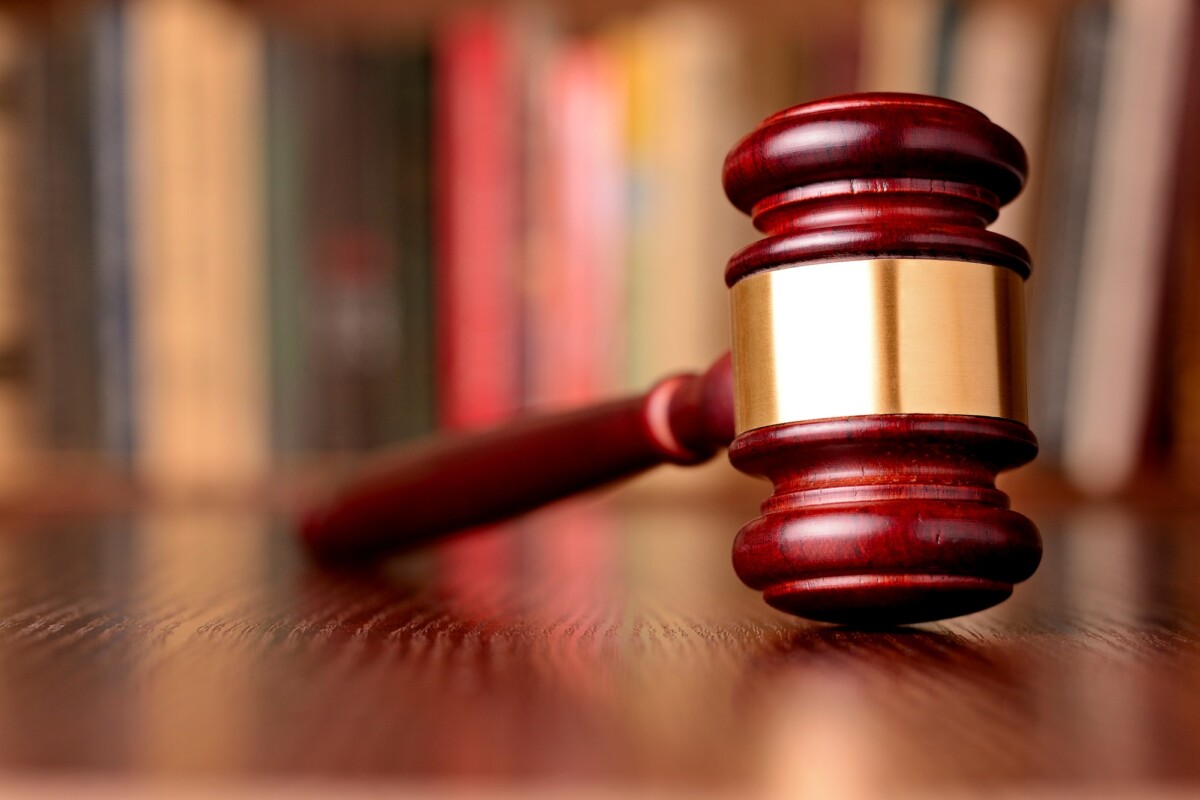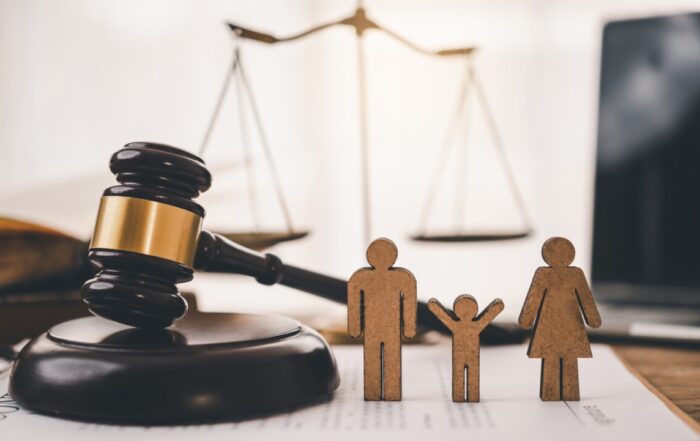What Factors Influence a Court Decision?
Ready to resolve your legal concerns? Get professional help now with personalized support, Or Call 833-349-4659 for immediate assistance.
Understanding the factors that influence a Decision In Court is crucial for anyone involved in legal proceedings. The outcome of a case can hinge on various elements, including the evidence presented, the credibility of witnesses, and the arguments made by attorneys. Knowing these factors can help individuals assess their situation and ask, ‘Do I have a case?’
The Importance of Evidence
Evidence serves as the backbone of any case. It can include documents, witness testimonies, and physical items that support a party’s claims. The strength and relevance of this evidence significantly impact the judge or jury’s decision in court.
Types of Evidence
- Direct Evidence: This directly proves a fact, such as eyewitness accounts.
- Circumstantial Evidence: This implies a fact but does not directly prove it, requiring interpretation.
- Documentary Evidence: Written records that support claims, like contracts or emails.
How to Find Case Details
Understanding how to find case details can provide insights into similar cases and outcomes. Legal databases, court websites, and public records are excellent resources for this information. Familiarizing yourself with these tools can empower you in your legal journey.
How Judicial Precedents Shape Decision In Court
Understanding the factors that influence a court decision is crucial for anyone involved in legal proceedings. Judicial precedents play a significant role in shaping these decisions, as they provide a framework based on previous rulings. This helps ensure consistency and fairness in the legal system, guiding judges in their interpretations of the law.
Judicial precedents, or case law, are established by previous court decisions. They serve as a reference point for judges when making rulings in similar cases. This reliance on past decisions helps maintain stability in the legal system. Here are some key aspects of how precedents influence court decisions:
Consistency in Rulings
- Predictability: Precedents create a predictable legal environment, allowing individuals to understand potential outcomes.
- Fairness: By adhering to established rulings, courts promote fairness and equality before the law.
Legal Principles
- Guidance: Precedents provide legal principles that judges can apply to current cases.
- Interpretation: They help interpret statutes and regulations, clarifying their application in various contexts. When considering your own legal situation, you might wonder, “Do I have a case?”
Understanding how judicial precedents work can help you assess the strength of your claim. Additionally, knowing how to find case details can provide valuable insights into similar cases that have been decided in the past. This knowledge can empower you to make informed decisions about your legal options.
What Impact Do Juror Perspectives Have on Verdicts?
Understanding what factors influence a court decision is crucial for anyone involved in legal proceedings. One significant aspect is the perspectives of jurors, which can dramatically sway the outcome of a case. Their backgrounds, beliefs, and experiences shape how they interpret evidence and testimonies, ultimately affecting the verdict.
Personal Biases and Beliefs
Jurors come from diverse backgrounds, and their personal biases can influence their decision in court. For instance, a juror’s previous experiences with law enforcement may lead them to view a police officer’s testimony more favorably than that of a defendant. This bias can skew the interpretation of facts, making it essential to understand how to find case details that reveal juror demographics.
Group Dynamics
The deliberation process among jurors also plays a critical role. Group dynamics can lead to conformity, where stronger personalities sway the opinions of others. This can result in a verdict that may not accurately reflect the evidence presented. Therefore, understanding how to navigate these dynamics is vital for legal professionals asking, ‘Do I have a case?’
The Influence of Legal Representation on Court Outcomes
Understanding the factors that influence a court decision is crucial for anyone involved in legal proceedings. One of the most significant elements is the quality of legal representation. A skilled attorney can effectively present a case, highlight key evidence, and navigate the complexities of the legal system, ultimately impacting the decision in court.
The Role of Legal Representation
Legal representation plays a pivotal role in shaping court outcomes. Here are some key aspects to consider:
- Experience and Expertise: An attorney with a strong background in similar cases can leverage their knowledge to strengthen your position.
- Communication Skills: Effective communication can persuade judges and juries, making it essential for your lawyer to articulate your case clearly.
- Strategic Planning: A good lawyer will develop a strategy tailored to your specific situation, ensuring that all relevant factors are considered.
Finding the Right Legal Help
If you’re wondering, “Do I have a case?” or how to find case details, consulting with a qualified attorney is the first step. They can assess your situation and provide guidance on the best course of action. Remember, the right legal representation can significantly influence the outcome of your case.
Can Public Opinion Affect a Court Decision?
Understanding what factors influence a court decision is crucial for anyone involved in legal proceedings. One significant aspect is public opinion, which can subtly shape the outcomes of cases. Courts strive to uphold justice, but they are not entirely insulated from societal pressures. This raises the question: can public opinion affect a court decision?
Public sentiment can play a role in high-profile cases, especially when the media is heavily involved. Judges may be aware of the public’s views, which can influence their decisions, consciously or unconsciously. However, it’s essential to recognize that the law ultimately guides judicial decisions, not the whims of the public.
Factors to Consider
- Media Coverage: Intense media scrutiny can sway public opinion, which may, in turn, impact a judge’s perspective.
- Community Sentiment: Local attitudes towards certain issues can create an environment that influences court proceedings.
- Legal Precedents: Courts often rely on established laws and previous rulings, which can sometimes clash with public opinion.
In conclusion, while public opinion can influence a decision in court, it is not the sole determinant. If you’re wondering, ‘Do I have a case?’ or looking for how to find case details, it’s best to consult with a legal professional who can provide guidance based on the law rather than public sentiment.
Ready to resolve your legal concerns? Get professional help now with personalized support, Or Call 833-349-4659 for immediate assistance.
Exploring the Weight of Expert Testimony in Legal Judgments
Understanding the factors that influence a court decision is crucial for anyone involved in legal proceedings. One significant aspect is the weight of expert testimony. This type of evidence can sway a judge or jury, impacting the outcome of a case. So, how does expert testimony play a role in legal judgments?
The Role of Expert Testimony
Expert witnesses provide specialized knowledge that can clarify complex issues for the court. Their insights can help in understanding technical aspects of a case, making them invaluable in decision-making. For instance, in medical malpractice cases, a doctor’s opinion can determine if the standard of care was met.
Factors Affecting Expert Testimony
- Credibility: The expert’s qualifications and experience matter.
- Relevance: The testimony must directly relate to the case at hand.
- Clarity: Clear and understandable explanations are essential for judges and juries.
When considering how to find case details, it’s important to evaluate the expert testimony presented. If you’re wondering, ‘Do I have a case?’ understanding the influence of expert opinions can guide your decision-making process. Ultimately, the weight of expert testimony can significantly shape the decision in court.
Read Also: How Can You Look Up Case Details Online? A Complete Guide
How Emotional Appeals Play a Role in Decision Making
Understanding what factors influence a court decision is crucial for anyone involved in legal proceedings. Among these factors, emotional appeals can significantly sway judges and juries. Emotions often play a pivotal role in how evidence is perceived, making it essential to grasp their impact on the decision in court.
The Power of Storytelling
Judges and juries are human, and they respond to narratives. A compelling story can evoke empathy, making the facts more relatable. When presenting a case, consider how to find case details that resonate emotionally with the audience.
Emotional Evidence
- Witness Testimonies: Personal stories can create emotional connections.
- Visual Aids: Images or videos can evoke feelings that influence perceptions.
- Character Evidence: Demonstrating a party’s character can sway opinions.
In legal contexts, asking yourself, “Do I have a case?” often involves evaluating not just the facts but also the emotional weight behind them. Emotional appeals can enhance the persuasiveness of arguments, making them memorable and impactful. Thus, understanding how emotions influence decision-making is vital for effective legal strategy.
Discover How FormsByLawyers Can Support Your Legal Journey
Understanding the factors that influence a court decision is crucial for anyone navigating the legal system. Whether you’re asking yourself, ‘Do I have a case?’ or trying to learn how to find case details, knowing these elements can empower you in your legal journey. At FormsByLawyers, we aim to provide clarity and support as you face these challenges.
Key Factors Influencing Court Decisions
- Evidence Quality: The strength and credibility of evidence presented can significantly sway a judge or jury.
- Legal Precedents: Previous court rulings often guide decisions in similar cases, establishing a framework for judgment.
- Judicial Discretion: Judges have the authority to interpret laws and facts, which can lead to varied outcomes even in similar cases.
Navigating Your Legal Path
Understanding these factors can help you strategize effectively. If you’re unsure about your situation, consider asking, ‘Do I have a case?’ Our resources can guide you in assessing your circumstances. Additionally, learning how to find case details can provide insights into similar cases and outcomes, enhancing your understanding of what to expect.
Don’t let legal complexities hold you back. Start your free consultation here or call 833-349-4659 now.
You can also visit LegalCaseReview to find the best Lawyer.
FAQs
-
What is a court decision?
A court decision, also known as a ruling or judgment, is the official determination made by a judge or panel of judges on legal disputes brought before them. -
What are the different types of court decisions?
Court decisions can include judgments, verdicts, rulings, opinions, and orders, depending on the nature of the case. -
How is a court decision made?
A judge or jury reviews evidence, legal arguments, and applicable laws before making a final determination on a case. -
What happens after a court decision is made?
After a decision, the losing party may need to comply with the ruling, or they may have the option to file an appeal if they believe an error was made. -
What is the difference between a ruling and a judgment?
A ruling refers to a decision on a specific legal issue within a case, while a judgment is the final decision that resolves the entire case.





